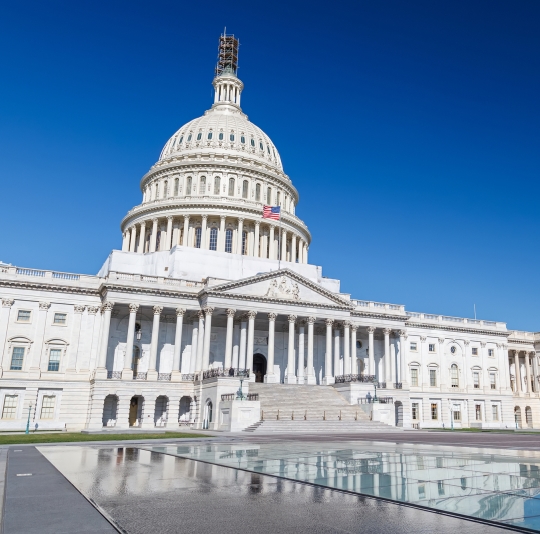Press Releases
Wexton Highlights Severe Consequences of Government Shutdown for Virginia
Washington,
September 13, 2023
Washington, DC – As Congress returns to session under the threat of a looming government shutdown from extreme Freedom Caucus Republicans, Congresswoman Jennifer Wexton (D-VA) highlighted how a shutdown would be devastating for middle class Virginia families, according to data from a new report from the Joint Economic Committee (JEC). “This reckless and irresponsible attempt by extreme Republicans to hold our economy hostage inflicts unnecessary pain on Virginia middle class families and threatens to throw our economy into a crisis,” said Congresswoman Jennifer Wexton. “As the representative to tens of thousands of federal employees, I’m especially concerned about a shutdown hitting our district hardest and forcing families to go without paychecks just for the sake of partisan games. I’ll continue fighting every step of the way to avoid a disastrous shutdown and push back against this extremist agenda.” The new report lays out the dire impacts a government shutdown would have including severely reducing economic output, jeopardizing families’ access to essential federal benefits programs, and damaging repercussions on private sector productivity and ability to conduct business. A shutdown could also mean hundreds of thousands of federal workers, including 170,851 Virginians, being prevented from working or required to work with no pay. Below are details about how a reckless government shutdown would hurt the U.S. economy and Virginia families and businesses:
### |



